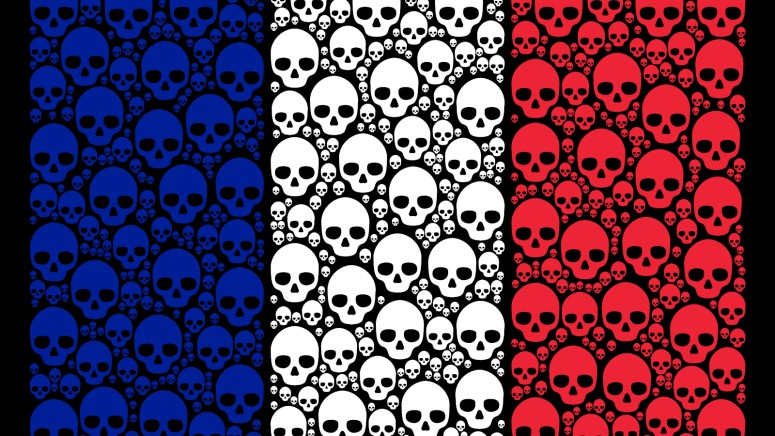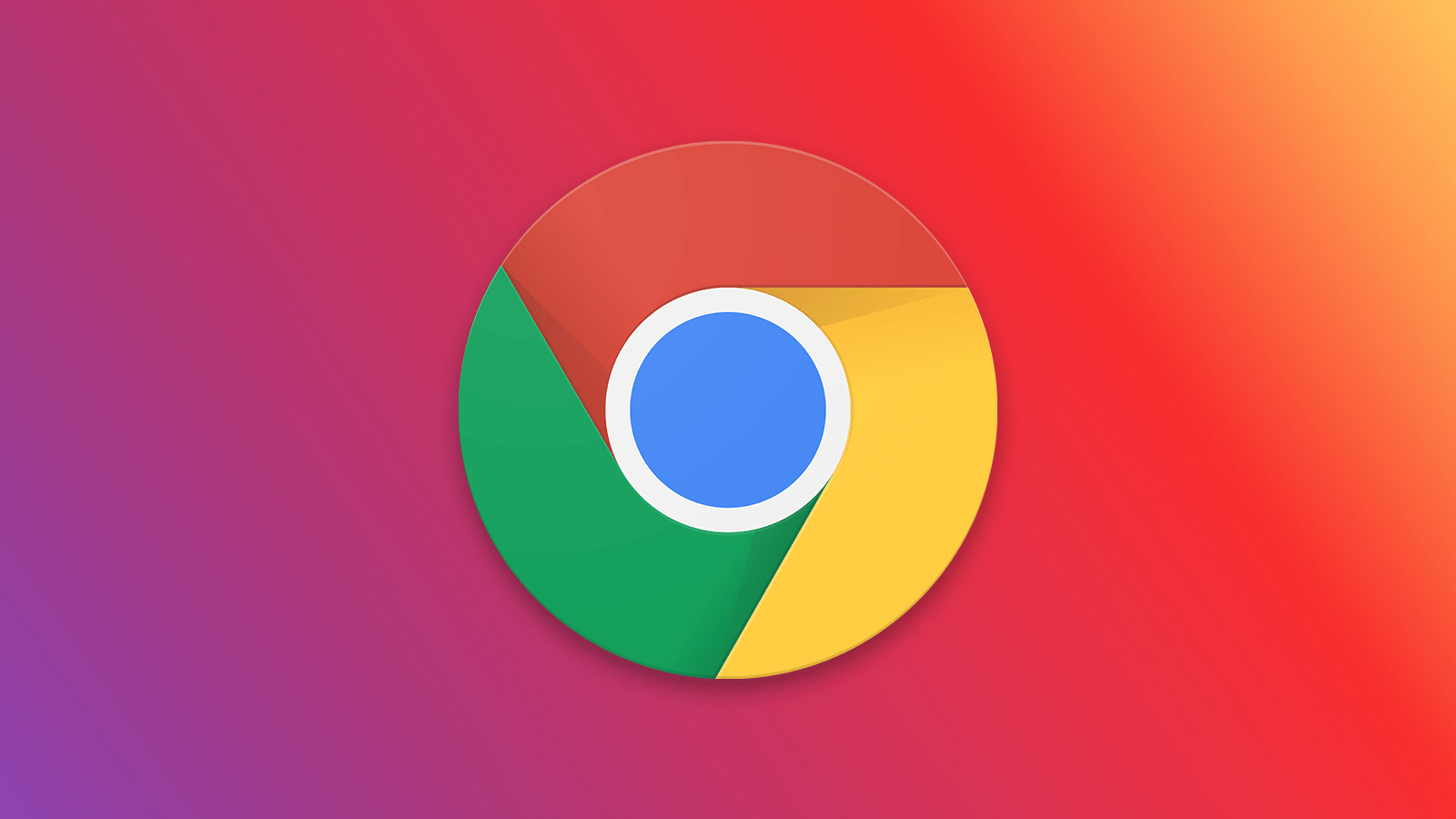
Court in Paris Orders French ISPs to Block More Than a Dozen Pirate Websites
- French court orders five ISPs to block thirteen pirating domains, including file-hosting providers.
- These websites do not respond to take-down notices and disregard all laws about copyright infringement.
- Europe has just recently started blocking pirating domains on the ISP level, so this trend is poised to continue in the future as well.
A Paris court has issued a blocking order concerning 13 torrenting and file-hosting websites that are apparently distributing pirated content. The blocking order was sent to five internet service providers in the country, who are now obliged to comply within a specified period of time. The ISPs whose customers won’t be able to access these websites anymore are Bouygues, Free, Orange, SFR, and SFR Fibre. The court has published three blocking orders, addressing distinct sets of websites which are the following:
- nippyspace.com
- nippyshare.com
- yolobit.com
- nippybox.com
- nippyfile.com
- nippydrive.com
- torlock.com
- toros.co
- 2ddl.vg
- bittorrent.am
- seedpeer.me
- yggtorrent.ch
- yggserver.net
The websites that belong to the "nippy" family belong to the same team and feature a simplistic design. They are file-hosting services that have no upload filtering and no copyright-related limitations in place. This renders them into a pirating platform, as people can freely share copyright-infringing content. Usually, hyperlinks to these platforms are posted on user forums, or even on other pirating websites that do not host the content themselves. The "nippy" websites are easy to use as standalone piracy platforms as they offer a powerful search engine for visitors to quickly locate what they’re looking for.
The decision to block file-hosting services via a court order that is handed over to ISPs is among the first ones in Europe after the Greek authorities did the same last year. This could signify the dawn of a new age where ISPs begin blocking anything that is even remotely related to piracy, regardless of the specific technology, the legal implications, or contradicting regulations that may underpin the process. In fact, the court even suggests that the use of the word "BitTorrent" should be enough for ISPs to consider taking proactive action against a domain, as it assumes evil intent and is often associated with pirating activities.
Whereas the ISPs are expected to block the domains at their own cost, and while blocking, in general, is against freedom on the internet, none of them expressed their opposition to the three court orders. This means that we should expect the orders to be applied, so the websites will stay blocked for the next 18 months which is the period of validity for these orders. The regular pirates in France comment that blocking these domains will change nothing, as they are just a drop in the ocean of readily available pirated content online.
Do you think that these blocking orders will make any difference, or will it be business as usual for pirates in France from now on? Let us know where you stand in the comments down below, or on our socials, on Facebook and Twitter.







